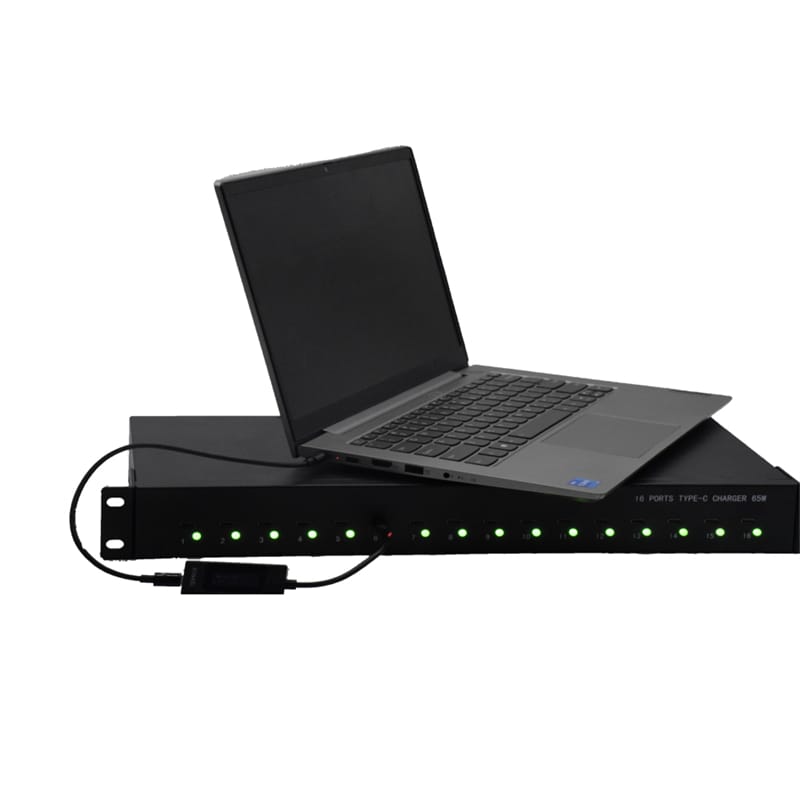In an alarming development for internet users, a coordinated cyberattack has resulted in the compromise of several Google Chrome extensions, raising serious concerns about the security of personal data and online privacy. The attack, which has affected a range of widely-used extensions, underscores the vulnerabilities that exist within the digital ecosystem and the ongoing threat posed by cybercriminals.
The Google Chrome browser, known for its extensive library of extensions that enhance user experience and functionality, became a target for hackers who sought to exploit weaknesses in the Chrome Web Store. By infiltrating the platform, these attackers gained control of numerous extensions, some of which boasted millions of users. The implications of this breach are significant, as many of these extensions are designed to assist users with tasks such as password management, ad blocking, and productivity enhancements.
Investigations into the cyberattack revealed that the hackers employed sophisticated techniques to bypass security measures and gain unauthorized access to the extensions. Once they had control, they were able to manipulate the code within these extensions, potentially allowing them to harvest sensitive user information, including browsing habits, login credentials, and personal data. This breach has raised alarms among cybersecurity experts, who warn that the risks associated with using compromised extensions can lead to identity theft and financial fraud.
The response from Google has been swift, with the company taking immediate action to remove the affected extensions from the Chrome Web Store. Additionally, Google has launched an investigation to determine the extent of the breach and to identify the specific vulnerabilities that were exploited by the attackers. The company has emphasized its commitment to user safety and has urged Chrome users to remain vigilant when installing extensions, recommending that they only download those from trusted developers.
As the investigation unfolds, experts are calling for greater transparency and improved security measures within the Chrome Web Store. They argue that more stringent vetting processes for extensions could help prevent similar incidents in the future. Moreover, the incident serves as a reminder for users to regularly review and manage their installed extensions, ensuring that they are aware of what permissions they grant and the potential risks involved.
The repercussions of this cyberattack extend beyond individual users; businesses that rely on Google Chrome for their operations are also at risk. Many organizations utilize various extensions to streamline workflows and enhance productivity. If these extensions are compromised, the security of sensitive corporate data could be jeopardized, leading to potential financial losses and reputational damage.
In light of this incident, cybersecurity experts are advocating for a multi-layered approach to online security. This includes not only using reputable extensions but also employing additional security measures such as password managers, two-factor authentication, and regular software updates. By adopting a proactive stance on cybersecurity, users can better protect themselves against the evolving threats posed by cybercriminals.
The ongoing developments surrounding this cyberattack serve as a stark reminder of the importance of vigilance in the digital age. As technology continues to advance and the internet becomes an integral part of daily life, the need for robust cybersecurity measures will only grow. Users must remain informed about potential risks and take necessary precautions to safeguard their personal information.
In conclusion, the recent cyberattack that compromised Google Chrome extensions has raised significant concerns about user security and data privacy. As investigations continue and Google works to strengthen its defenses, it is crucial for users to remain aware of the potential risks associated with online extensions. By taking proactive steps to protect their information, individuals and businesses can navigate the digital landscape more safely.



